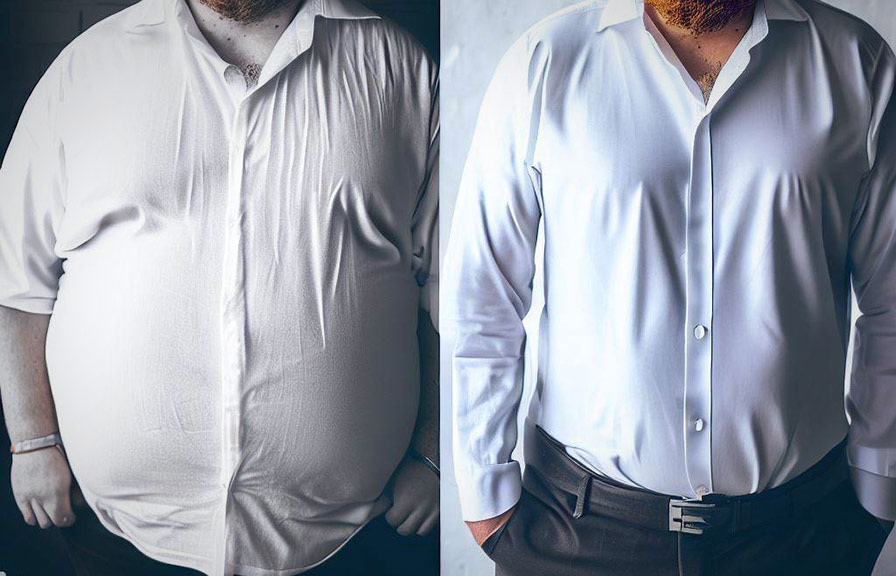Did you know that body photo editing has been around since the early days of photography? in fact, even famous historical figures like abraham lincoln had their photos retouched to improve their appearance. however, with the rapid advancement of technology and the growing prevalence of social media, the practice of altering
One's appearance online has become more widespread and sophisticated than ever before. but what does the future hold for body photo editing, and what are the ethical and social implications of this phenomenon?

The evolution of body photo editing
Body photo editing has come a long way since its early days. from simple techniques like dodging and burning to enhance contrast, to the development of sophisticated software like adobe photoshop, the tools and methods used for editing body shape have evolved dramatically.
Today, photo body slimming and photoshop body editing have become a common practice for both amateurs and professionals alike, with countless apps and filters designed specifically for this purpose.
As we look towards the future, we can expect even more advanced technologies to emerge, making it easier than ever to manipulate one's appearance. for instance, artificial intelligence and machine learning are already being used to create highly realistic and customizable virtual avatars.
These cutting-edge innovations have the potential to revolutionize the way we present ourselves online, blurring the lines between reality and fiction even further.
The ethics of body photo editing
While the advancements in body photo editing technology bring about exciting possibilities, they also raise important ethical questions. one of the main concerns revolves around the impact of these practices on our perception of beauty and the pressure to conform to unrealistic body standards.
As more and more people engage in photo body slimming and other forms of photoshop body editing, it contributes to the promotion of an idealized body image that may be unattainable for many. this can lead to a variety of negative consequences, including low self-esteem, body dissatisfaction, and even more
Severe issues like eating disorders and body dysmorphia.
Additionally, there is the matter of authenticity and honesty in our online interactions. when we alter our appearance to such a degree, are we being truthful with ourselves and others? this deception can erode trust and lead to a society where genuine connections are difficult to establish.
The social implications of altering your appearance online
The pervasive nature of body photo editing also has significant social implications. as individuals strive to present an idealized version of themselves, it perpetuates a culture of comparison and constant self-evaluation. this can have a detrimental effect on mental health, particularly among young people who are more susceptible to the influence
Of social media.
Moreover, the normalization of body photo editing can lead to a distorted perception of what is considered "normal" or "acceptable" in terms of appearance. this can exacerbate existing prejudices and reinforce harmful stereotypes, further marginalizing those who do not fit within these narrow definitions of beauty.
On the other hand, some argue that body photo editing can be a form of self-expression and creativity, allowing individuals to explore different aspects of their identity and experiment with their appearance in a safe and controlled environment.
Furthermore, proponents of photoshop body editing maintain that it can help boost self-confidence and self-esteem, enabling people to feel more comfortable with their bodies and how they present themselves to the world.
Navigating the future of body photo editing
As we continue to grapple with the ethical and social implications of body photo editing, it is crucial to foster open and honest conversations about the impact of these practices on our well-being and sense of self.
By raising awareness of the potential pitfalls and promoting a more inclusive and diverse representation of beauty, we can work towards a healthier relationship with our bodies and our online personas.
Conclusion
The future of body photo editing is uncertain, with technology continuing to advance at an unprecedented pace. as we navigate the ethical and social implications of altering our appearance online, it is essential to strike a balance between self-expression and authenticity, and to challenge the unrealistic standards of beauty
That pervade our digital landscape. the key to a more positive and inclusive future lies in embracing our unique qualities and celebrating the diverse spectrum of human beauty.
